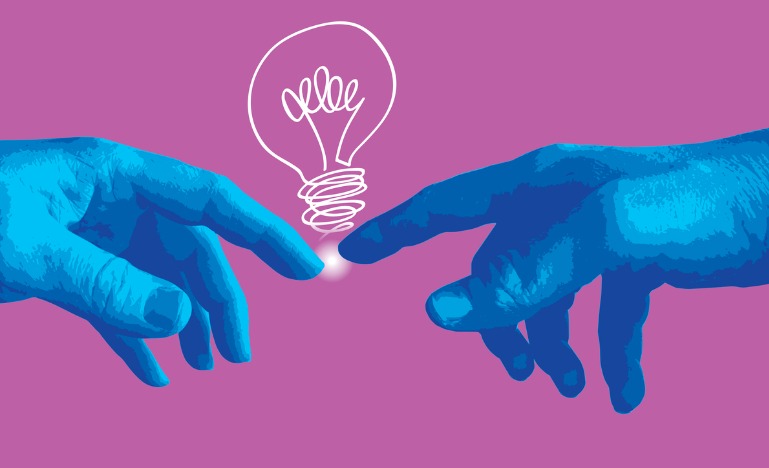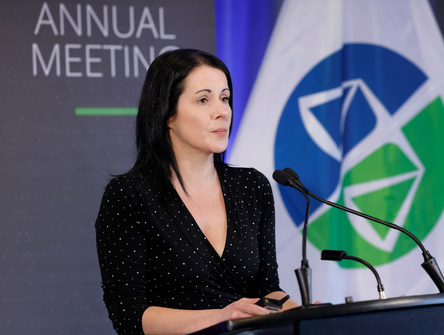It is trivial to observe that most new learning happens while professionals engage in various client matters. What is not trivial to point out is that far too many firms fail to capture and disseminate much of that knowledge. It never gets leveraged and used to the benefit of outperforming competitors. One advantage that should accrue to any well-managed group, is the value that each professional can bring to clients as a result of the accumulated knowledge, wisdom, systems, methodologies, and experiences of the colleagues on their teams.
As a leader, you need to instill a passion and curiosity within each partner to identify a specific skill or special interest, identify what they do not know, and what is new out there that addresses some particular pain point that more clients may soon need to solve. Then, at least once every month, have each partner pull out the list of client work and assignments that they have been working on and examine each. Allow time for each member to make a brief presentation. Because everyone knows this is coming, each is subtly forced to reflect on his or her experiences and is more likely to convert the knowledge gained from those experiences into a shared resource. Invite discussion, ask questions, provide critical feedback and examine how and whether the activities described benefit others in the group.
Start by asking each partner, in turn, to identify and explain to the group any particular client matter that:
- exposed you to an entirely new type of client / industry / geography / transaction? (e.g. involves work undertaken on behalf of an “unusual” client as defined by the nature of this client’s business, geography or matter size.)
- allowed you to deal with a relatively unique client problem successfully? (the particular client matter that you were handling was completely novel and involved you having to take an unprecedented approach to resolving the client’s issue).
- allowed you to develop new knowledge or refine a skill that you can now market to other clients? (e.g., your team was asked to close a transaction in a compressed period, and with that deal, you developed a methodology to dramatically speed up the due diligence process.)
- provoked you to document some new checklist, tool, template or process? (e.g., where some client work was becoming somewhat repetitive, you developed a diagnostic checklist to streamline the process and make it more cost-efficient.)
- introduced you to an important new market niche? (e.g., you did work with a manufacturing client that exposed you to the cutting-edge designs they were doing in 3D printing and some challenges they were facing.)
- allowed you to work at a more senior C-level within the client’s organization? (e.g., your work with the client culminated in their asking you to do a formal presentation for their entire executive committee on what was learned from this particular litigation matter and how it could be avoided in the future.)
- exposed you to previously unexplored areas within the client’s organization? (e.g. your work with your in-house legal contact introduced you to the executives within the company’s risk assessment department and some of the new issues that the entire industry was having to address.)
- exposed you to technology that could be emulated within your firm? (e.g., your legal department client had AI-driven internal knowledge-sharing programs and a virtual-reality system to promote collaborative internal experiences.)
- allowed you to conduct research or identify some new industry trends? (e.g., your work with the client involved conducting research with other industry players / regulatory authorities, etc., and identifying findings that proffer new trends impacting the industry.)
- provided some insight that can allow you to build your professional thought leadership? (e.g., your work with a client exposed you to fresh knowledge that could be leveraged into an important article or seminar presentation on a subject that was both valuable and innovative.)
- enabled you to collaborate with other multi-discipline specialists to provide a total business solution? (e.g., your work with a client had you working hand-in-hand with a specialist in predictive analytics such that you learned how the combination of your two disciplines delivered enhanced value for the client.)
Simply sharing the knowledge and experiences acquired while working with clients can be a powerful influence on our learning. It often forces us to relive and re-examine the entire situation and better understand what transpired as we were engaged in helping our client deal with their issue. We build confidence in what we accomplished and how we did it, which furthers our perception of what we learned from the experience. And our colleagues may often raise insightful questions than can then shift how we might approach these same client situations in the future.
This is an excerpt from my newest book, Industry Specialization: Making Competitors Irrelevant, a downloadable FREE e-Book, released in January 2022.



